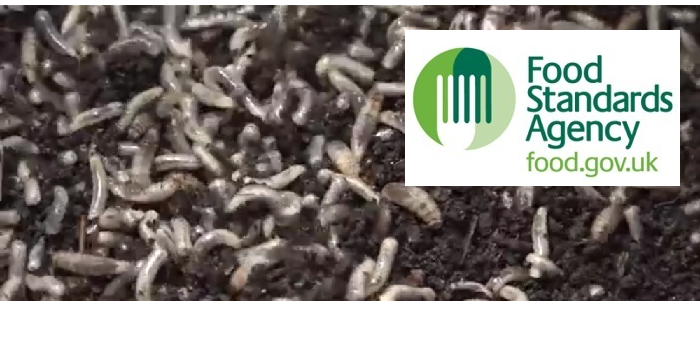A new report from the Food Standards Agency (FSA) has highlighted the importance of considering how to balance the potential nutritional benefits of using insect protein against the need to manage the risks this may pose for “allergic consumers”.
The report, launched today during a food allergy and intolerance research programme workshop in London, seeks to “debunk some of the myths that exist” in relation the issue. In doing so, however, it devotes a concluding page to the potential impact of adding insect protein to the food chain.
The publication comes at a time when the use of insect protein by the animal feed industry in poultry, pig and fish diets is gathering considerable momentum. Delegates attending this year’s PROteINSECT conference in Brussels, for example, were told that the animal feed industry was now “ready” to address the use of insect protein in feeds. That, however, was before the FSA added its allergy observations to the debate.
“Novel foods such as insects could be the sustainable food of the future,” stated the FSA, “but what does this mean for food allergy? With the growing world population, the demand for animal protein is predicted to increase by 75% between now and 2050, and insects are promising candidates as an alternative sustainable food source.
“Given the novelty of insects as food in Europe, there is a need to think more about potential food safety risks and how insects can be prepared and eaten safely. Along with physical, toxicological and microbiological risks, a key issue for any new sources of protein is the potential to cause food allergies.
“From an allergy perspective the major risk associated with new foods like insects is that they can contain proteins that may elicit an allergic response in populations where they are newly introduced.
“With a growing number of insect products appearing on the market it is important to consider how we balance getting the benefits of new foods while managing the risks for allergic consumers. Making consumers aware there is a potential for allergic reactions, especially for those with an allergy to crustaceans, will be an important step.”


